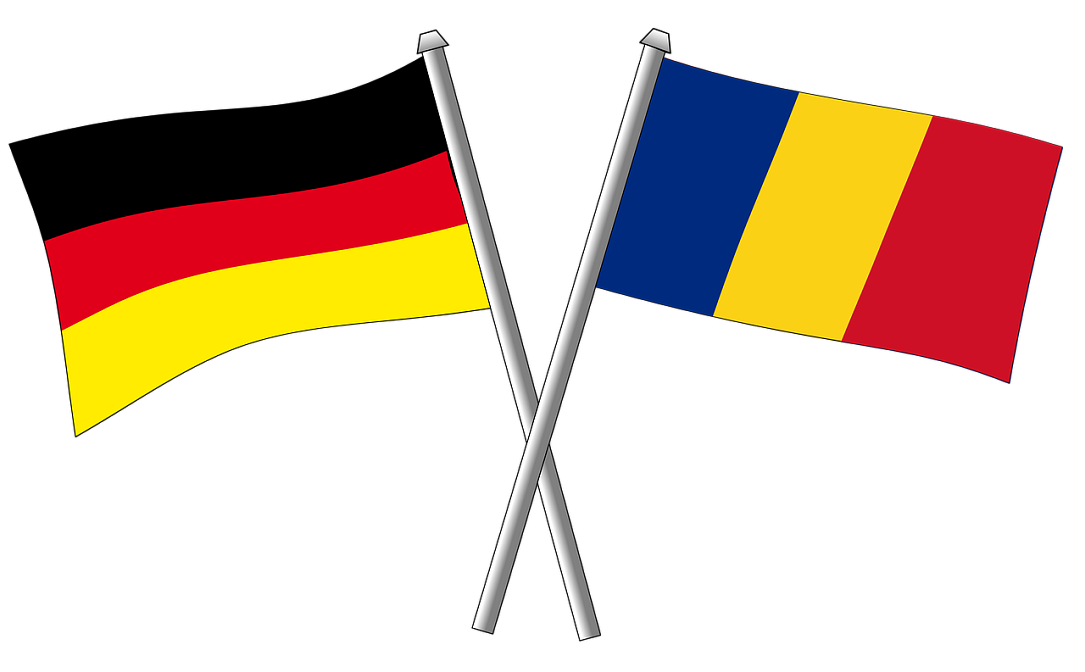Ambassador points to attempts to discredit German minority’s role in Romania

In the current political context, some forces see as opportune “to discredit the role of the German minority in this shared Romania,” Cord Meier-Klodt, the ambassador of Germany to Bucharest, said. He mentioned these are “individual voices” that do not represent the opinion of the majority.
“Throughout last year, and of course on December 1, we celebrated together 100 years since the forming of modern Romania. This year, we celebrate 100 years since several ethnic communities and minorities joined the new state. The vote of the Germans in Bucovina, in November 1918, was followed on January 8, 1919 by the Saxon Assembly in Mediaş, then by the support of Germans in Basarabia and of the Banat Swabians. These are important events, festive and filled with symbols in the history of the new state. Still, in the current political context, where some forces in the country continue to see as opportune the discrediting of the role of the German minority in this shared Romania, these events are more relevant than ever,” the ambassador said, quoted by Agerpres.
The ambassador made the statements at an event marking 100 years since the Saxon Assembly in Mediaş.
Although the voices that aim to discredit are singular and do not represent the position of the majority, they need to be disputed firmly, in the future as well.
“Regardless of how loud they sound, they have a limited basis and target objectives that are more than transparent. They do not represent the opinion of the majority of Romania’s population, in relation to the German minority. We should have this in mind, when we firmly oppose these voices. Let us never forget how the majority think or feel, to calibrate correctly our actions and to keep things in proportion,” he said.
The ambassador’s statement came as President Klaus Iohannis was the target of declarations or doctored photos where he was associated with Nazism. Last week, a county councilor from Vrancea, who had been elected on the lists of the ruling Social Democrat Party (PSD), shared on Facebook a photo of Iohannis dressed as a Nazi officer.
Last year, the National Council for Combating Discrimination (CNCD) fined Darius Vâlcov, a former finance minister and a current economic adviser of prime minister Viorica Dăncilă, for suggesting in a video the Democratic Forum of Germans is a Nazi organization. The video, which Vâlcov posted on his Facebook page, included an image of the president edited to make him look like Adolf Hitler. The CNDC found that the former education minister Liviu Pop also made discriminatory statements concerning the same organization.
editor@romania-insider.com















